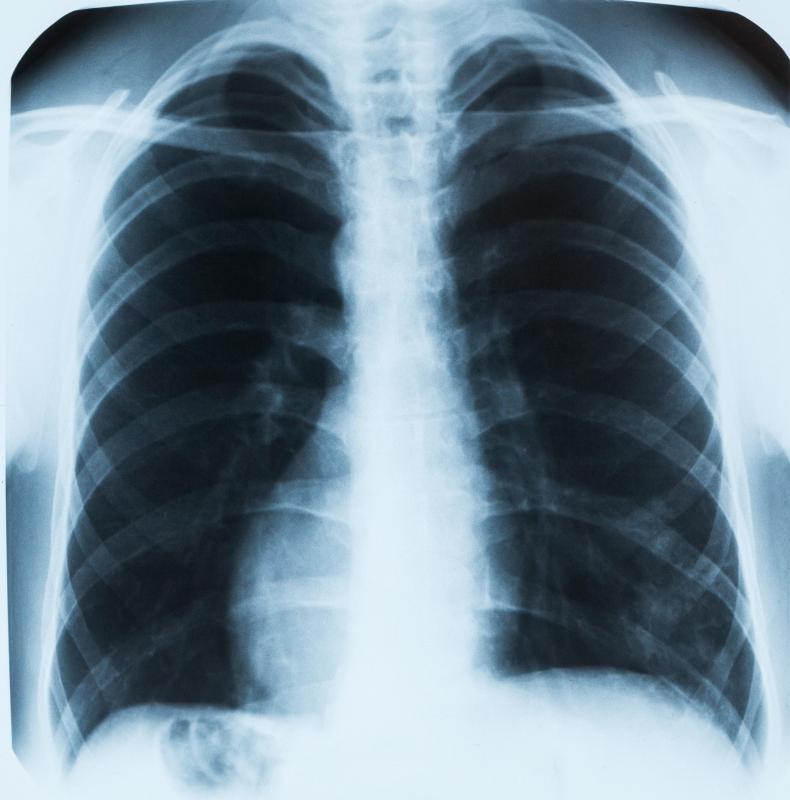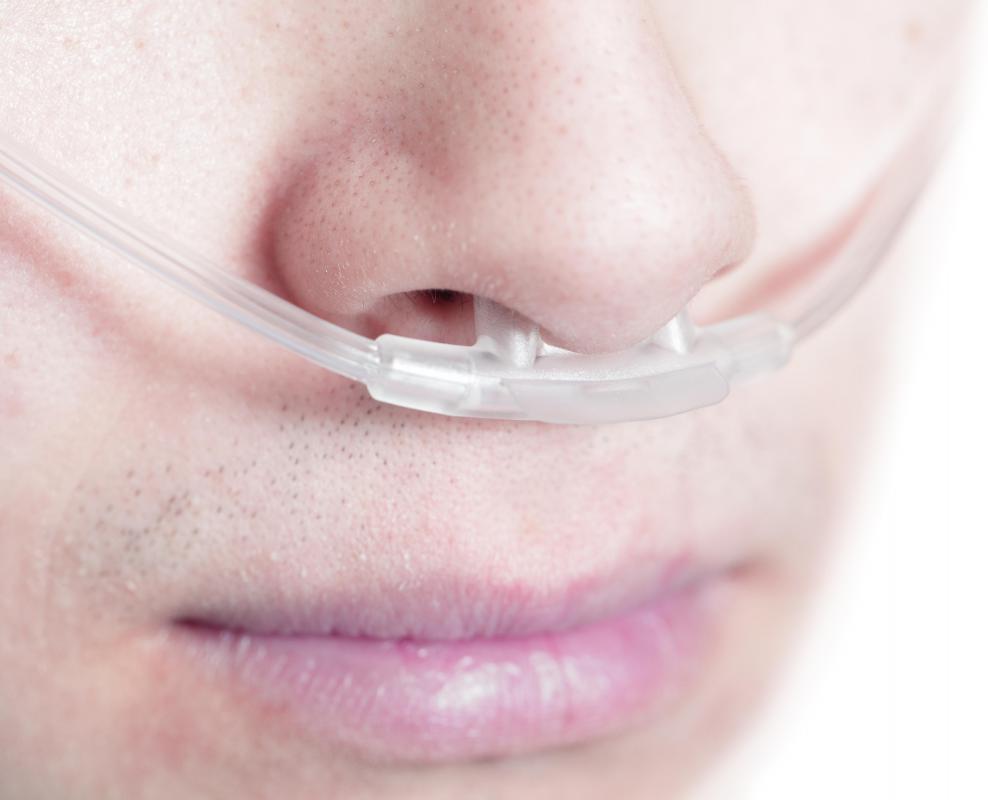At TheHealthBoard, we're committed to delivering accurate, trustworthy information. Our expert-authored content is rigorously fact-checked and sourced from credible authorities. Discover how we uphold the highest standards in providing you with reliable knowledge.
What is Chronic Hypoxia?
Chronic hypoxia is a condition in which tissues in the body are continuously deprived of much-needed oxygen over the course of months or years. It is typically characterized by the slow or gradual reduction in the oxygen supply of cells, tissues, and organ systems, often brought about by problems in the heart and lungs. Oxygen is very important for the proper functioning of cells. The decrease or absence of oxygen supply to the cells, usually result in the decline of cell functions, and in the overall decline in health.
There are several medical conditions leading to the development of chronic hypoxia. These include respiratory disorders, congestive heart failure (CHF), pulmonary edema, and chronic blood loss. CHF is a condition where the heart becomes weak and is unable to pump blood throughout the body. Pulmonary edema is a condition where fluids accumulate in the air sacs of the lungs, making breathing difficult. Chronic blood loss is often due to undiagnosed bleeding from the gastrointestinal tract.

People who are chronic smokers are highly at risk for developing this condition. Heavy smoking often leads to the development of a respiratory disease known as chronic obstructive pulmonary disease (COPD). In COPD, the alveoli, which are tiny air sacs in the lungs, are gradually destroyed. Inflammatory changes in the lung tissues brought about by COPD usually happen gradually, making it harder and harder for patients to breath as time goes by.

Chronic hypoxia symptoms often include body weakness, the slowing of mental processes, and poor reflexes. Affected patients usually cannot complete many tasks that involve physical exertion as they become easily fatigued. They may also experience recurrent muscle cramps, cyanosis, or the bluish discoloration of the skin, difficulty breathing and nose flaring. Chronic hypoxia generally interferes with the normal lifestyle of many patients.

Pulmonologists are doctors who specialize in the diagnosis, management and treatment of patients with lung problems. They often diagnose patients based on the detailed medical history, physical examinations, and diagnostic tests performed on these patients. Diagnostic tests often done on patients with chronic hypoxia include chest x-rays to assess the appearance of the lungs, spiral incentive spirometry to assess for respiratory function, and arterial blood gas tests to detect abnormalities in the level of oxygen in the blood. Patients with chronic hypoxia are often given supplemental oxygen. Failure to treat these patients usually results in complications that may further worsen their conditions.
AS FEATURED ON:
AS FEATURED ON:


















Discussion Comments
I believe Alzheimer's disease has recently been linked to chronic hypoxia. My grandfather is suffering from Alzheimer's and one of the things his doctor warned us about was to pay attention to his breathing and to bring him in if we notice shortness of breath. I guess this is one of the symptoms/side effects of Alzheimer's disease.
The danger of this is that sometimes family members or the patient might not realize that there is chronic hypoxia. I heard this happens a lot at the later stages of the disease. Thankfully, my grandfather is doing rather well and I hope it stays that way. He is staying with us and we are monitoring him, making sure he can move around easily with no breathing problems.
I read that if we don't get oxygen for five minutes, our brain starts to die because it relies on oxygen more than any other organ. I know that chronic hypoxia doesn't mean that the body isn't getting any oxygen, but it still is not getting enough. So how does chronic hypoxia impact the brain?
Can someone with advanced chronic hypoxia suddenly slip into a coma if they are untreated?
I had hypoxia when I was traveling with my family and we drove up to the mountains to a skiing resort. The first couple of days I felt very tired and couldn't do much. The doctor told me that this is normal and it happens when people go up to high altitudes. The air pressure is less at higher locations then lower ones so that actually makes breathing and taking in oxygen harder for our lungs.
Most people adapt to high altitudes after a couple of days but the doctor told me that people who smoke and already have chronic hypoxia should not go to the mountains. They had several guests who had to be taken to the emergency room because of chronic hypoxia. If healthy individuals can have problems at high altitudes, I can understand how dangerous it could be for people who suffer from chronic hypoxia.
Post your comments